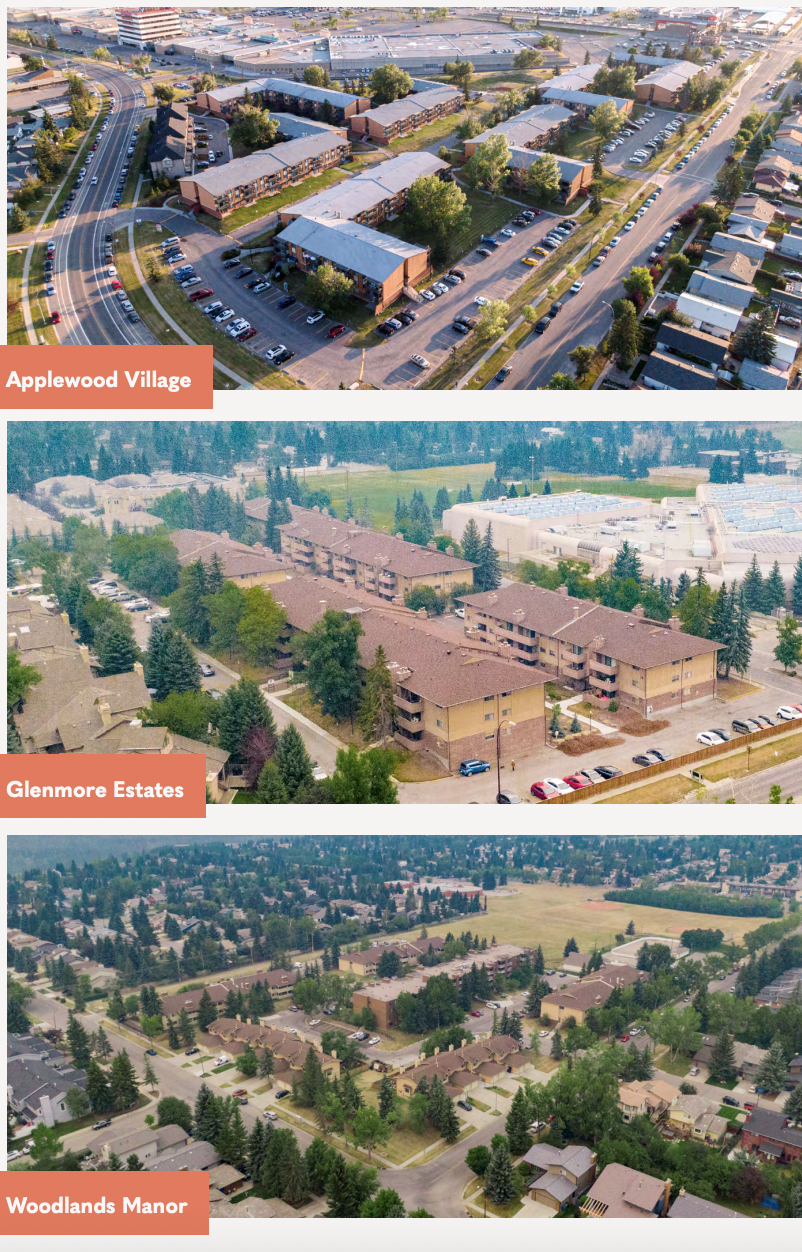Toronto-based Michael Betsalel of Jll Canada suggests the sudden surge in Alberta’s residential and multi-family market is not tied to the increase in oil prices.
Real estate decisions aren’t made immediately on the fluctuations in resource prices, Betsalel, executive vice-president of JLL national multi-family team said March 7, just as his team closed on a $138 million portfolio sale of 764 Calgary rental apartments.
The global price of oil dipped to around US$94 per barrel March 15 – the highest level in eight years - after soaring to more than US$100 in recent weeks.
“Real estate sales don’t go up right away. There is a lag between economic changes and the market,” he said.
Apparently, many homebuyers and investors in Canada’s major oil-producing province had a different reaction as oil prices began to ascend this year.
On January 6, the price of West Texas Intermediate, an industry benchmark, had reached a seven-year high of US$79.46 per barrel. By February 28, when it topped US$91, Calgary housing sales had exploded 80 per cent from a month earlier to set the highest February sales record in the city’s history.
Edmonton housing sales had jumped nearly 70 per cent month-over-month.
JLL’s single portfolio sale in early March, as oil traded at US$107, was equal to one-third of Calgary’s entire multi-family sales volume in all of 2021.
“Alberta has been a no-fly zone for investors,” Betsalel conceded “But that has changed.”
The head of Alberta-based Avenue Living, which bought the three-building rental portfolio, has no illusions about the impact of oil prices on the Alberta economy.
“Tailwinds are emerging with rising oil prices, and investors and businesses are again seeing the advantage of investing in Alberta,” said Anthony Giuffre, founder and CEO, Avenue Living.
“The energy industry, combined with Alberta’s emerging technology hub, its cleantech leadership, and increasing global exports, creates an environment to give Alberta some well-earned attention from the investment community,” he added.
The tailwinds are raising investor interest in Alberta from across Canada, according to Samuel Dean of JLL’s multi-family team in Edmonton. “Our inbound call volume is tremendous,” he said.
Institutional investors are looking at new concrete product, such as the Augustana, a purpose-built luxury rental tower in downtown Edmonton which JLL has just listed, he noted, and at suburban land with the potential of development.
The Network, which tracks the Alberta commercial real estate market, shared information on eight of the largest pending deals this year in Calgary: six of the transactions involved out-of-province buyers, from Metro Vancouver, Victoria, Greater Toronto and Halifax.
In Red Deer, halfway between Calgary and Edmonton, the developers behind the 91-acre Capstone community, which is restricted to multi-family development, are also buoyed by the surge in oil prices. There is growing interest in the master-planned, riverfront community, where an acre of serviced land starts at $750,000, according to Susan Veres, head of Capstone marketing.
“There is a buzz now right across Alberta,” said Veres, who noted that land and real estate prices in Alberta are still a fraction of that in B.C. A typical home price in Red Deer, for instance is $340,000, compared to $1.3 million in Greater Vancouver and Greater Toronto, or the national average home price of $816,700.



